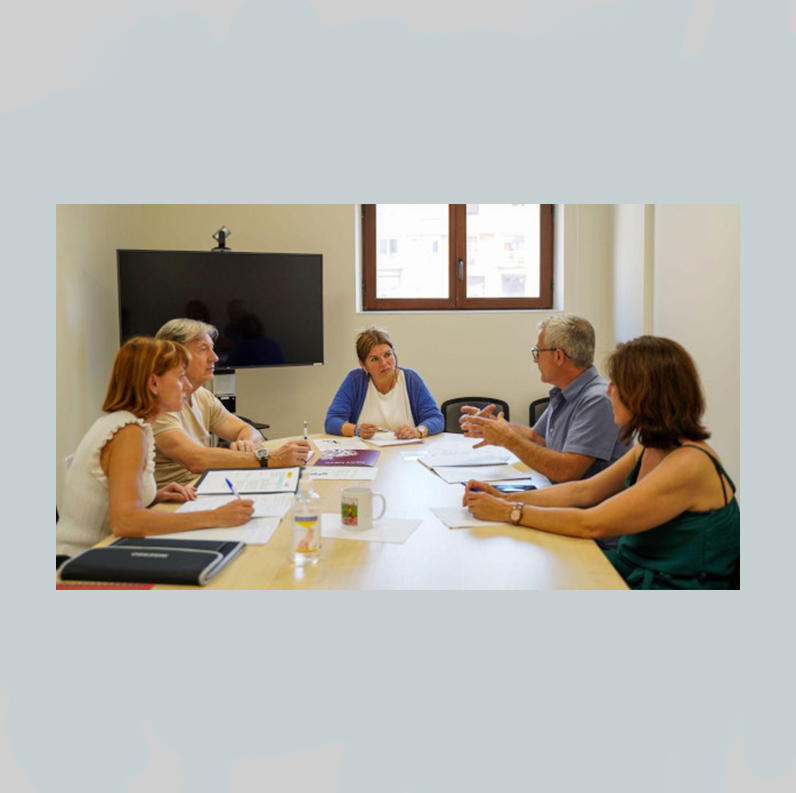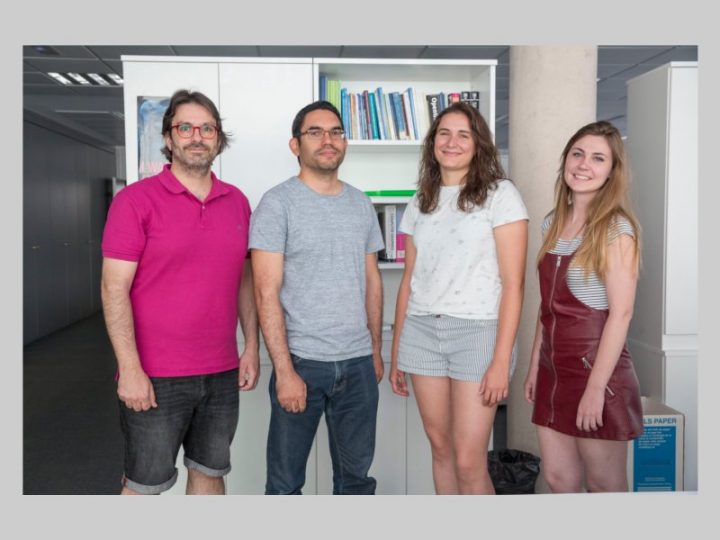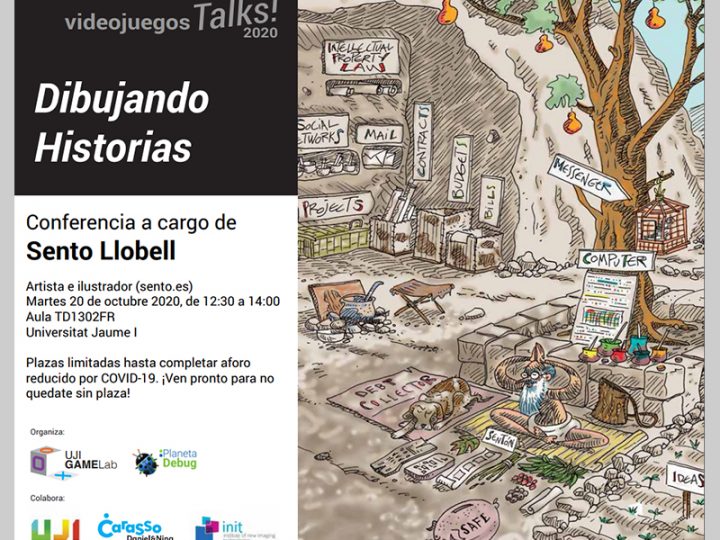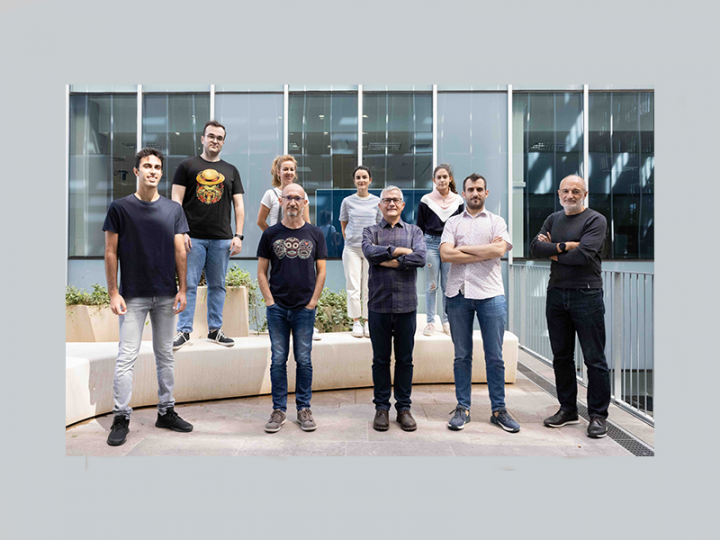
Castellón de la Plana City Council, from the Department of the Elderly, has launched the development of the second Action Plan of the Friendly City with the Elderly project, which aims to define a series of actions and initiatives to make of the city an adapted environment and with resources to cover the needs of this group. In this sense, the professors of the Universitat Jaume I and directors of the Cuatroochenta Chair of Artificial Intelligence, Health and Welfare Antonio Caballer and Óscar Belmonte, as well as the professor Ana Alarcon, had a first meeting with the councilor of people great, Mary Carmen Ribera.
The main objective of this first diagnostic phase is to assess whether Castellón is a city friendly to the elderly, that is, whether it has the resources and adaptations to promote healthy and active aging. In this line, citizen participation, especially of the elderly, is one of the fundamental pillars of the project. For this first phase in particular, information will be collected through various focus groups with representatives of this group, as well as other sectors and organizations. According to Mary Carmen Ribera, “this diagnosis will allow us to obtain very valuable information about what the elderly think and expect from the city of Castellón, so that we can incorporate their vision and needs in the design of the policies to be applied.”
The project is part of the Global Network of Cities and Communities Friendly to the Elderly promoted by the World Health Organization (WHO) whose goal is to create resources that facilitate healthy and active aging. The city of Castellón joined this network in 2014, and in 2016 carried out its first action plan. Its evaluation, recently completed, has revealed a high degree of achievement of the objectives initially proposed. “We are making Castellón a more inclusive city, which promotes active aging and improves the quality of life of all the elderly and the general public,” said the councilor for the elderly.






